35 Billion Hours
- Tim Breen, Ph.D., Head of School
I want to share some musings about where I hope education is headed -- and how Watershed is helping lead the movement.
At Watershed, we ask the question: What if the work students did in school truly mattered beyond the walls of the school? What if instead of having a stand-alone service learning component in the classroom, learning and service were one and the same? What if the “school work” students did was directly of service to the community?
In the United States, our 29 million middle and high school students average roughly 1200 hours of school work per year. That means that collectively, they do a staggering total of 35 billion hours of work in school each year. 35 billion hours. And almost none of it is geared toward directly improving the communities in which we live. What if just 10% of that work was devoted to having a positive impact in our community? That is 3.5 billion hours of work. This would be transformative for communities across the country.
Improving Education and Improving Our Communities
Dr. Mmantsetsa Marope, the Director of the International Bureau of Education (a UNESCO organization) challenges us to rethink curriculum in schools. She notes that our task is not simply to respond to the sweeping changes of the 21st century, but to actually drive positive change in our societies. The work our students do in schools should directly improve our world.
This is a step beyond what we commonly think of as community service work. It is not uncommon in schools to have students volunteer, to for example, stock shelves at a local food bank. What if, in addition to this important work, students collaborated with the leaders of the food bank on a research project about food insecurity? Through this work they could learn about economics, history, and science, develop research and communication skills, and make a tangible contribution to improving the world around them.
This simple, yet radical, idea flows from four overlapping realities:
Young people have so much untapped potential, so much energy, creativity, and vision. We waste it by focusing their time on work that does not have impact beyond the classroom and the individual.
Our human and ecological communities have many needs, and all organizations in the community (including schools) share a responsibility for making things better.
People learn best when there is a true purpose for their work, when there is not only an authentic audience for it, but when it addresses an authentic need.
Students too often feel powerless in the face of the world challenges they learn about -- we need to show them that they can make a difference. If we don’t, they are likely to lose hope and unlikely to become part of the solution.
At Watershed we already partner with many organizations throughout the community, learning directly from experts and first-hand experiences. Our students already do a good deal of work that has an impact beyond the walls of the school -- from gathering scientific research data for other organizations to sharing their learning in town hall forums to providing handmade mugs for new residents at TGTHR (formerly called Attention Homes).
And we aim to do more. Because it’s good for our communities. And because it’s better for our students -- better engagement, better skill development, more enduring understandings, and a deeper commitment to the common good.
At Watershed, we are poised to lead this important change in education.
See this year’s course descriptions: High School and Middle School




